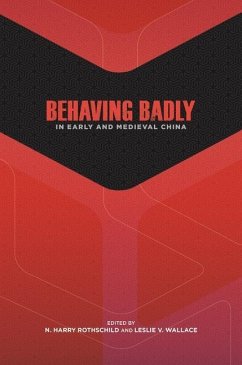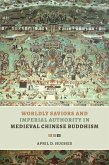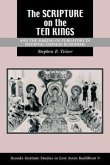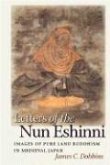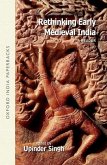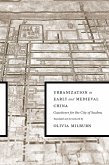Behaving Badly in Early and Medieval China presents a rogues' gallery of treacherous regicides, impious monks, cutthroat underlings, ill-bred offspring, and disloyal officials. It plumbs the dark matter of the human condition, placing front and center transgressive individuals and groups traditionally demonized by Confucian annalists and largely shunned by modern scholars. The work endeavors to apprehend the actions and motivations of these men and women, whose conduct deviated from normative social, cultural, and religious expectations. Early chapters examine how core Confucian bonds such as those between parents and children, and ruler and minister, were compromised, even severed. The living did not always reverently pay homage to the dead, children did not honor their parents with due filiality, a decorous distance was not necessarily observed between sons and stepmothers, and subjects often pursued their own interests before those of the ruler or the state. The elasticity of ritual and social norms is explored: Chapters on brazen Eastern Han (25-220) mourners and deviant calligraphers, audacious falconers, volatile Tang (618-907) Buddhist monks, and drunken Song (960-1279) literati reveal social norms treated not as universal truths but as debated questions of taste wherein political and social expedience both determined and highlighted individual roles within larger social structures and defined what was and was not aberrant. A Confucian predilection to "valorize [the] civil and disparage the martial" and Buddhist proscriptions on killing led literati and monks alike to condemn the cruelty and chaos of war. The book scrutinizes cultural attitudes toward military action and warfare, including those surrounding the bloody and capricious world of the Zuozhuan (Chronicle of Zuo), the relentless violence of the Five Dynasties and Ten States periods (907-979), and the exploits of Tang warrior priests--a series of studies that complicates the rhetoric by situating it within the turbulent realities of the times. By the end of this volume, readers will come away with the understanding that behaving badly in early and medieval China was not about morality but perspective, politics, and power.
Hinweis: Dieser Artikel kann nur an eine deutsche Lieferadresse ausgeliefert werden.
Hinweis: Dieser Artikel kann nur an eine deutsche Lieferadresse ausgeliefert werden.

